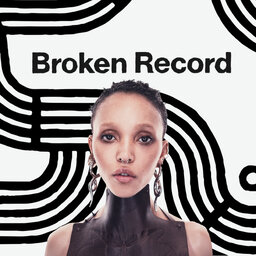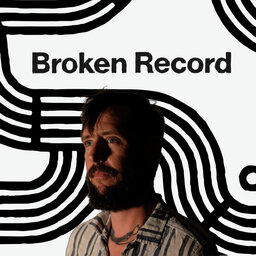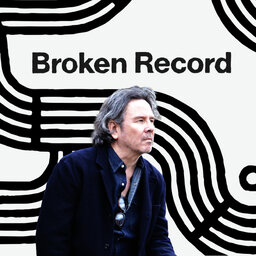Rick Rubin checks in with RZA on Zoom and finds out he's been peaking creatively while in quarantine. Their wide-ranging conversation covers RZA's first experiences with Hip Hop, ODB's parkour-like skills as a child, the spontaneity of classic Wu-Tang recording sessions, and how RZA almost gave up all of his earthly possessions to live with monks in China's Wudang Mountains.
https://www.youtube.com/brokenrecordpodcast
https://brokenrecordpodcast.com/
Learn more about your ad-choices at https://www.iheartpodcastnetwork.com
 Broken Record with Rick Rubin, Malcolm Gladwell, Bruce Headlam and Justin Richmond
Broken Record with Rick Rubin, Malcolm Gladwell, Bruce Headlam and Justin Richmond


